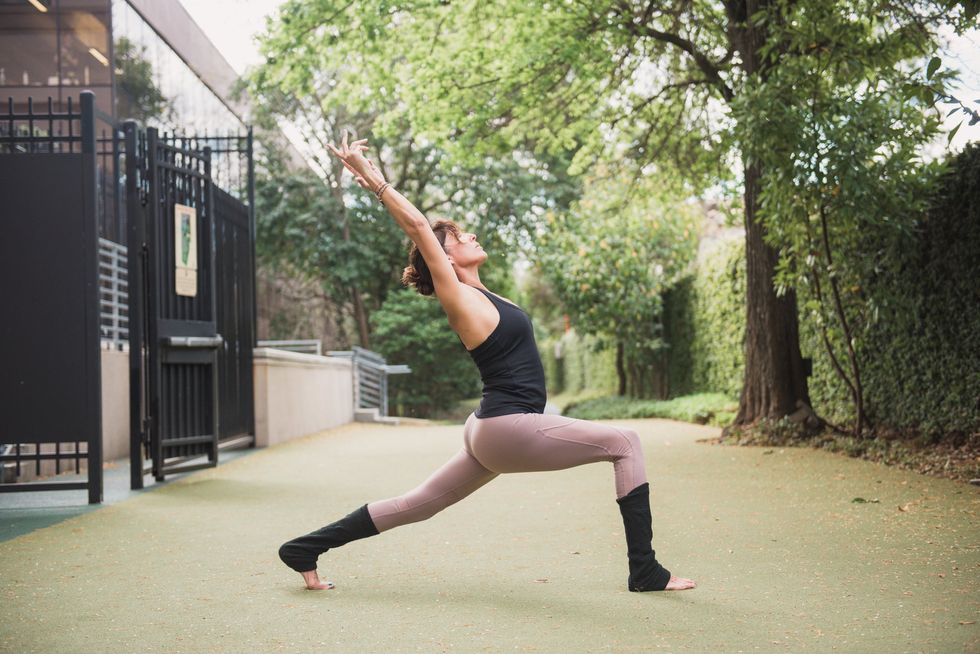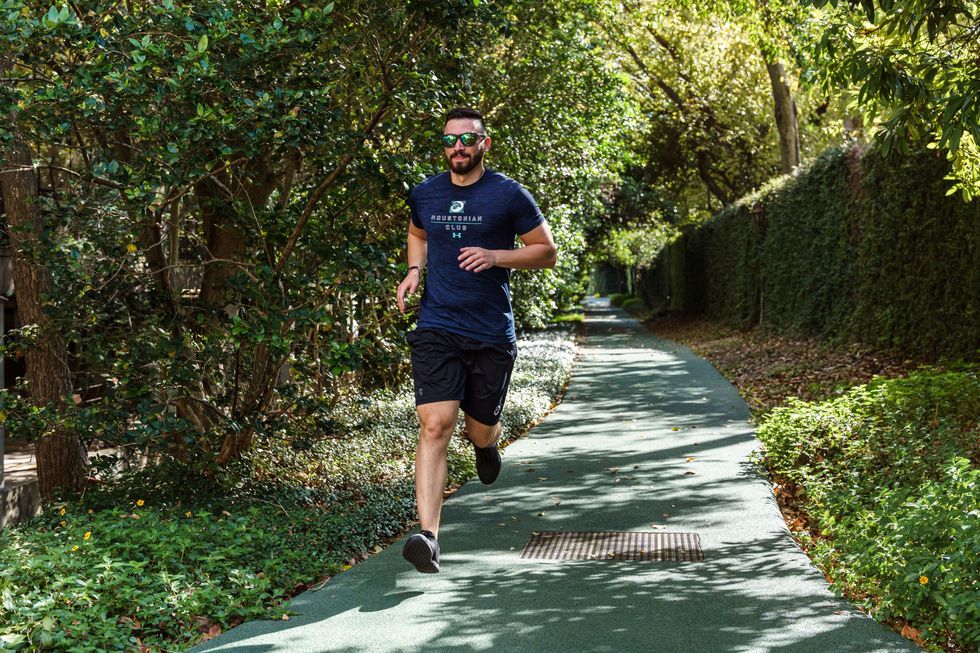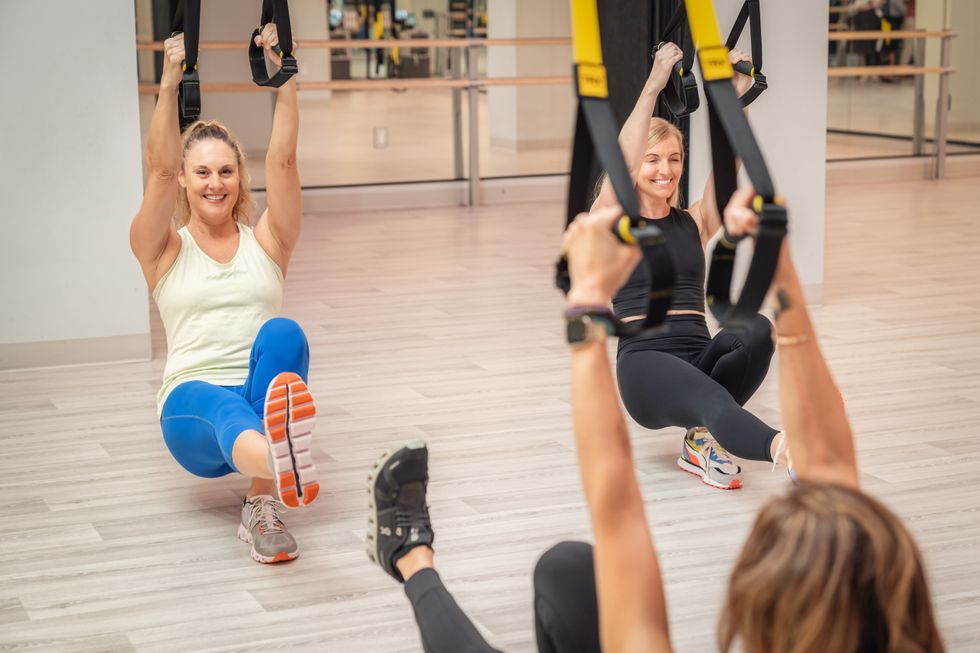BRAIN BOOSTER
Houston fitness expert works out why exercise is crucial for mental health
Working up a sweat means more than just getting fit. Gyms and exercise studios across the city offer different types of exercise classes led by highly trained fitness professionals, but it's not just about physical fitness. According to the Mayo Clinic, exercise can also significantly benefit mental health.
Since May is Mental Health Awareness Month, we sat down with Connie Emmerson, B.S., ACSM Wellness Coach, NSCA and ACE personal trainer at The Houstonian Club to discuss the mental benefits of exercise. Emmerson is a seasoned fitness and wellness professional with nearly four decades of experience in the industry.
Read on to find out more about the benefits of exercising on mental health that shouldn't be overlooked.
Less stress
“Exercise decreases stress by releasing endorphins in your brain,” explains Emmerson. The endorphins send signals to the body that improve mood, reduce stress or relieve pain. According to Emmerson, light exercise is recommended for stress reduction because more challenging workouts can mimic stress by increasing sweating, heart rate, and heavy breathing.
More Zs, please
The benefits of quality sleep are essential to overall health and wellness. For those who struggle with getting enough shut-eye, Emmerson recommends incorporating exercise into their routine. "Regular exercise improves sleep by regulating your circadian rhythm, which calms the body and allows people to have a deeper, more productive sleep pattern," she says.
Back off, depression and anxiety
According to Emmerson, exercising regularly helps with anxiety and depression by improving sleep quality, boosting confidence, releasing endorphins, and increasing energy. She also highly recommends exercising outside in the sunlight.
"Exercise and sunlight release the feel-good chemicals serotonin and endorphins," says Emmerson. "Walking outside is a great way to get in a light workout with the added benefits of sunshine and a great view. The combination can be very uplifting."
Keep it moving
Emmerson recommends that her clients exercise as often as possible and believes exercise doesn't have to happen in a gym or structured environment.
She encourages movement throughout the day and stresses the importance of weightlifting and resistance training at least twice weekly.
"Exercise can happen in a store while shopping, in the kitchen while cooking, in a park, or at a gym. It doesn't have to be planned," says Emmerson. "Some people make the mistake of doing an hour of exercise and then not moving much for the rest of the day. It's better to keep moving."
Can't stop, won't stop
What is the best type of exercise to help increase mental health? According to Emmerson, the best exercise is one that people enjoy and will stick with. She also recommends activities that increase heart rate and move several muscle groups simultaneously to ensure an endorphin release.





